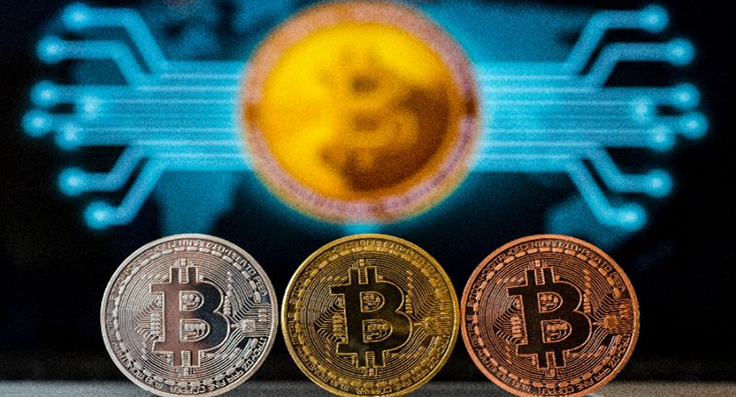Crypto isn’t just a trend anymore — it’s a regulated industry. In 2021, governments were scrambling to understand Bitcoin. By 2023, regulations were being drafted. And now, in 2025, those rules are being enforced around the world.
Whether you’re trading altcoins, building decentralized apps, or holding NFTs, understanding the new regulatory environment is no longer optional — it’s essential.

The End of the Wild West
For years, the crypto space thrived in legal gray areas. Projects launched overnight. Wallets were anonymous. Profits were massive — and mostly untracked.
But in 2025, the landscape has changed.
In the United States, crypto exchanges must now report user activity directly to the IRS. Stablecoin issuers are required to hold full reserves. Token launches must meet stricter legal standards, or risk being labeled as unregistered securities.
In the European Union, the Markets in Crypto-Assets (MiCA) regulation is fully active. Crypto platforms must register, disclose their operations, and follow anti-money laundering (AML) rules. Anonymous wallets are disappearing across most EU countries.
Who’s Doing What? Global Highlights
Some countries are leading the charge with structured, pro-innovation policies — as long as crypto companies play by the rules.
Dubai
Dubai has positioned itself as a global Web3 hub. The Virtual Assets Regulatory Authority (VARA) oversees the crypto industry with clear licensing requirements and business-friendly tax laws. Many DeFi and NFT startups are relocating here to scale legally.
Singapore
Singapore remains a leader in crypto innovation. The Monetary Authority of Singapore (MAS) now issues layered licenses depending on risk and services. Privacy coins are restricted, but compliant DeFi and tokenized assets are thriving under strong oversight.
United Kingdom
The UK’s approach balances enforcement with innovation. Advertising rules have been tightened, custodial wallet providers must register, and the government has introduced a crypto “sandbox” to allow safe testing of new blockchain products.
India & China
India has made trading difficult with a 30% tax on crypto profits and a 1% deduction at source for each transaction. China continues its ban on public crypto trading but promotes its government-controlled Digital Yuan.
El Salvador
Still all-in on Bitcoin, El Salvador now issues BTC-backed government bonds and continues to power its mining operations using geothermal energy.
What’s Happening with Stablecoins and DeFi?
Stablecoins are now under strict scrutiny. Issuers must prove 1:1 backing with fiat or equivalent reserves. In most jurisdictions, stablecoins are treated like banks, with regular audits and licensing.
DeFi, while still decentralized at the code level, is no longer off regulators’ radar. Teams behind protocols can be held accountable, especially if they earn fees, issue governance tokens, or run front-end platforms.
Governments are asking: Who really controls the project? If you’re profiting or managing operations, compliance is expected.
How This Affects You
For Traders
- Use regulated exchanges.
- Keep transaction records — crypto tax reporting is mandatory in most countries.
- Avoid “no KYC” platforms — they could be shut down anytime.
For Builders
- Choose your launch jurisdiction wisely.
- Conduct legal reviews for tokens and smart contracts.
- Compliance is a feature, not a burden.
For Curious Investors
- Learn the basics of crypto taxation in your country.
- Be wary of platforms that offer complete anonymity.
- Stick to trusted projects and registered wallets.
Final Thoughts
Crypto is no longer the wild frontier. It’s becoming part of the global financial system — with rules, oversight, and protections.
That’s a good thing.
Regulation doesn’t mean the end of innovation. In fact, it can open doors for serious investors, real-world applications, and global trust.
2025 is the year crypto grows up. If you’re part of the space, now’s the time to understand the landscape and build with compliance in mind







